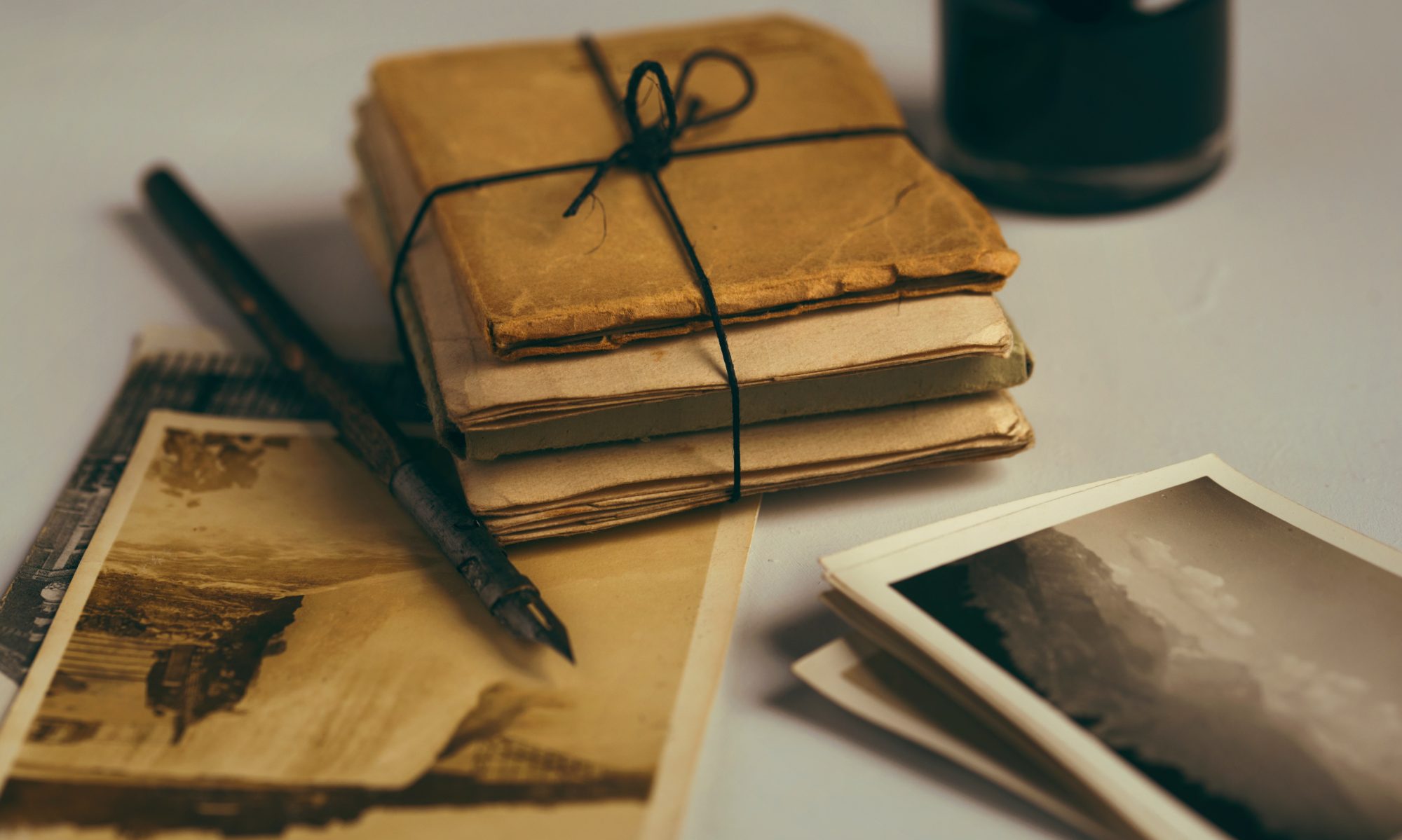
It often feels like all the world’s knowledge must be found somewhere on the internet, but you’d be surprised how much can only be accessed by visiting archives. For every amazing available on-demand item we download, there’s a hundred more sitting in boxes on shelves. Some of these boxes have not been opened in years. Some of these boxes contain the answers to our family mysteries. By visiting archives, we can demolish some of our brick walls.
Don’t be complacent and think that everything will be digitised and available online in the next couple of years. There is so much out there that the crucial documents you need might not be digitised in your lifetime!
Archives – what are they, and how do they differ from libraries?

An archive exists for the preservation and safe storage of the items within it. A library, on the other hand, exists to provide access to the public for its materials, most of which can be borrowed and removed.
Archives contain books, documents, manuscripts, scrolls etc which you can consult within the archive only. They may not leave the building, and they are not usually on open shelves for browsing.
Archives exist at national, regional and local levels, and as they contain the original items, there is little overlap between the contents. It is wise to search them all!
Searching archives
The first rule of searching archives is: you do not wait until you get there. The second rule of searching archives is: you DO NOT wait until you get there!
Although the documents themselves are mostly not yet online, most archives have websites with some level of catalogue search on them. The catalogue search functionality may be absolutely brilliant, such as Discovery at the UK National Archives, or it may just be an email address to write with an enquiry. Whichever end of the spectrum your target archive is at for searching sophistication, use it before you go there.
For anyone with ancestry in the UK, I mentioned the National Archives Discovery portal for a very good reason. Discovery does not just tell you what is in the National Archives, but also what is to be found in over 2500 archives across the whole of the UK with just one search. A marvellous time-saver, definitely check it out if you are planning any archive visits there. It also lets you know if any of the documents it uncovers for you can be downloaded. Hint: if they can, take that option. You’ll need every moment you can get in the archives for those items which have not yet been digitised. Lastly, it also provides access to details such as the opening hours and requirements (appointment? readers ticket?) of the other archives so you can factor these into your plans.
When you have decided the date of your trip to the archives and you know the documents you are going to consult, preorder them. Many items are stored offsite. If you do not preorder them, you could face a long wait while they are transported to the archive building.

Visiting archives
The day has come, you know what you’re going to be looking at, all items are ordered. Now you just need to show up and start researching.
Helpful hints:
- Prioritise research lines – start with the ones most important to you, or where the documents you’ve ordered are most likely to open floodgates of information that lead to other items needing to be ordered. You can work your way through the other lines while you wait for further orders to arrive.
- Do not take pens with you, they will not be allowed in. Take at least two pencils.
- If allowed, take your research notes and/or laptop/tablet and a charger, as well as a phone or camera to capture images.
- Be prepared to put your bag into a locker, you may not be able to take it in with you.
- Take ID, they may require it.
- Eat and drink before you go in. You are likely to be there for longer than you expect.
- Take another layer of clothing, no matter what time of year. Archives are notoriously cool. If you are shivering you won’t concentrate well.
I wish you all the best of luck in making your way through your list of items and finding all sorts of information that you’d never have found anywhere else. Don’t forget to keep a record of the collection title and reference numbers etc for your citations. You might want to recheck it in the future for further detail, or someone else may want to consult it, so you need to know where the information came from!


